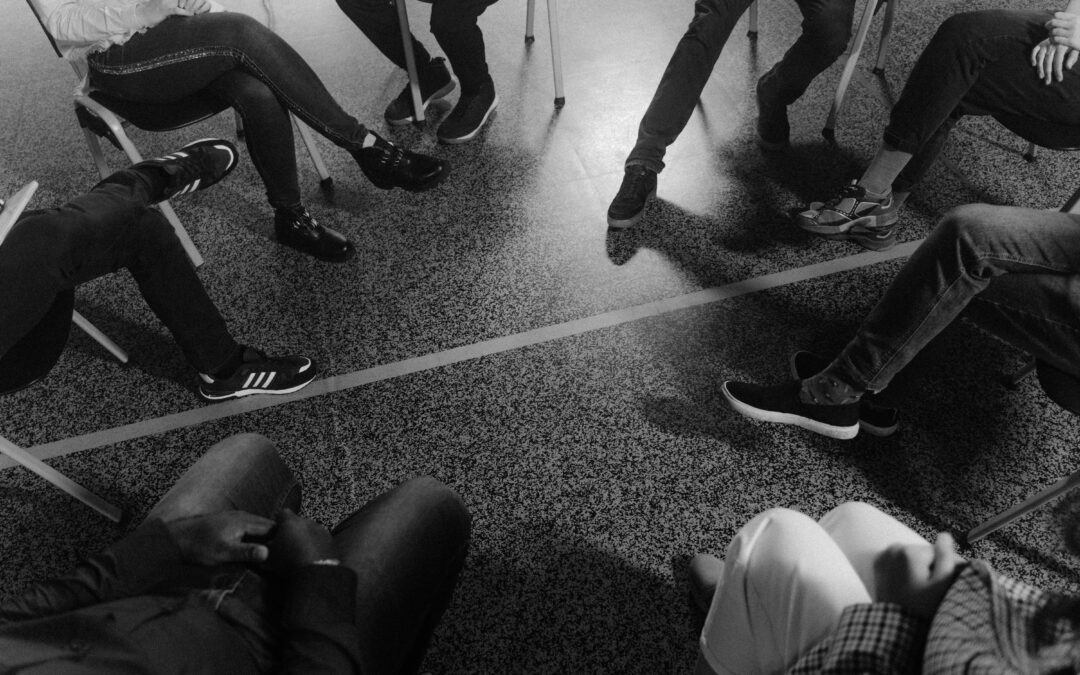Author: Kimberly Pratt
I exit my car and shut the door. I’m in the San Francisco Bay Area and it’s hot outside. I glance ahead and see a sign that indicates a 12-step meeting. That’s the space, I’m here, that’s where I need to go. But I’m different. I’m not just an alcoholic; I also suffer from bipolar disorder, which is a mood disorder. I always feel nervous, scared, and afraid of what people will think of me. I’m not sure of my emotions and I don’t read and respond to people and situations the right way. Entering the meeting, I have 18 years of sobriety. I should be fixed by now, right? No, I was diagnosed with bipolar 1 disorder at 18 years sober.
At this time in my sobriety, I have a thriving teaching career, international recognition and I enjoy world travel. Managing a federal grant that helps students, I was able to juggle major projects while being a full-time teacher. The reason I could do this is because I was manic and had endless energy. In 12-step recovery, I was working the steps, helping struggling alcoholics, attending meetings, being in service, but it was not fixing me. I knew something was very wrong. So, I talked to my sponsor and told her that the voices in my head were yelling at me, so she referred me to a mental health professional.
At the psychiatrist’s office, the doctor discussed my symptoms, and my efforts to help myself. I did not know I had a brain disorder that would not be tamed by all the 12-step activities I could muster. Due to the psychosis, I was diagnosed with bipolar 1 disorder. I was working on major projects, still we started on an exhaustive year of drug trials. In one year, I trialed 17 different medications. Many of the drugs made my brain feel like it was wrapped in a blanket. I hated that feeling. I was so scared I would lose the essence of who I am. I did not want my personality to drift away from me. I was assured it would not happen. And it didn’t. Finally, we landed on the right combination of medications. The voices went away, I was able to feel more grounded, sane and I kept my essence. My creativity improved now that I could focus more meaningfully in projects.
I continued to attend 12-step meetings, this time as a woman in recovery with a mood disorder. After I retired from teaching, I openly shared my challenges with this disorder at the meeting level. I find many people willing to talk about their challenges with mental health with me. By sharing at group level, I get honest with the members, and my honesty gives permission for others to speak their truth. It is a wonderful circle of healing and breaks the shame of having bipolar disorder.
Working the steps in 12-step recovery is different with a mental illness. In recovery, we talk about selfishness and self-centeredness. Having a mental illness naturally leads me toward being self-centered to protect myself. It is really a defense mechanism, understandably, but not a way to have a rich fulfilling life. We are all selfish, but when you have a mood disorder the selfishness is really magnified. It’s very easy to create drama, and chaos when its hard to correctly read and respond to a situation. I need an understanding sponsor when I work the steps and my program day by day. Thankfully, my sponsor is willing to acknowledge and work around my disorder and does not give me medical advice. Instead, I am always referred to the professionals. So, I work on not being self-centered by working with others, involving myself in various projects and meditation. I must be very careful and mindful of my tendency to be selfish and instead think of others every day.
Life today is amazing! I love 12-step recovery. The program has provided me with structure, principles, fellowship and lifelong friends. The 12-step community has been very accepting and loving of my bipolar diagnosis. I freely share and help when I can. I know a new freedom and a new happiness. I now have 36 years of sobriety, one day at a time, I have a loving relationship, great hobbies and a gratitude that gets greater every day.


